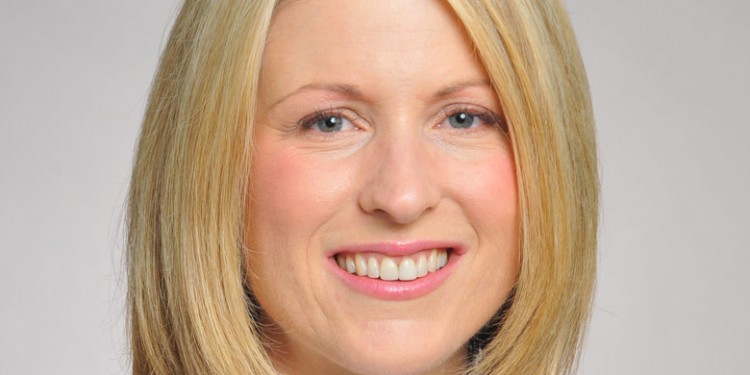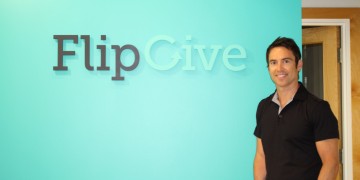Andrea Cohen Barrack the CEO of Ontario Trillium Foundation
At the end of the day, change is driven by the people behind the organization not the organization itself. For those of us who dream of leading an organization one day, take note and learn from Andrea Cohen Barrack, CEO of the Ontario Trillium Foundation (OTF)- Canada’s largest grantmaking foundation. Two years ago Andrea was appointed CEO of OTF and transformed their investment strategy to follow an evidence based approach on what and how they fund. Before joining OTF, Andrea was the CEO of Unison Health and Community Services where she led the merger of two separate entities, each with their own cultures. She truly is an example of a transformative leader and Purple Sheep worth following.
What does your job entail including what a typical day might be like?
Leading any organization is a dynamic job, but my experience as CEO of OTF has been even more so. As an agency of government, we need to ensure that we are providing public value for our investments. And that gets operationalized through our strategy, systems and processes. One of my main roles is to ensure that we have the right people and resources available to implement the strategy. Communicating the vision and supporting the team is key.
The other major part of most days involves relations with our many and diverse stakeholders, including government, private and public sector partners and grantees. Finding opportunities to leverage our partnerships with others to catalyze innovation and positive change is exciting work, but takes time.
Can you briefly describe your career path and how you got your current job?
I have always worked in the public sector, but previous to joining OTF my academic and professional background was in healthcare administration, so there were many who were surprised by the appointment. However, my previous work had always been grounded in community determinants of health approach. That is to say, the social, economic and physical environments are critical. OTF has a mission focused on funding for healthy communities, so it felt like a good fit from a personal interest and values perspective. Additionally, my leadership history has mostly involved change leadership. OTF was looking at ways to better demonstrate the impact of the investments we make and how we might shift our strategy accordingly. That opportunity was too enticing to pass!
What’s the coolest part about your job and what’s the biggest challenge?
Much of my days tend to be in meetings, but my favourite days are when I visit with some of our grantees to see our work in progress. Because of the diversity of sectors we fund, the experiences are varied and endless. From seeing a symphony performance to visiting a multicultural centre, there are countless examples of community building. Recently I was in Thunder Bay visiting a community garden project we funded before taking a hike on one of our trail projects. There are so many smart and talented people in the province who are dedicated to community vitality – it is a true privilege to see it in action.
The flip side of that is also the biggest challenge. In each granting round, we turn away countless great ideas and projects because the demand for our resources exceed our supply. In our last round we had almost $5 in requests for every $1 available. Trying to use a fair and transparent process to select our successful grantees is also a challenge, but we have worked very hard to make sure our practices are accountable and accessible.
What advice would you give to a job seeker looking for meaningful work?
My advice would be to really think about what is meaningful to you personally and how your skills, talents and interests might be utilized best. Developing our annual business plan is very meaningful to me but I can tell you that many of my colleagues would rather do anything else. There are so many more options available from both the traditional work environments like the public sector and increasingly more in the private sector through corporate social responsibility or social enterprise. There is no ‘one right answer’ to what is meaningful work.
My advice would be to really think about what is meaningful to you personally and how your skills, talents and interests might be utilized best.
What can you identify as the biggest opportunity in your sector right now?
For me it would be the emerging practice of collective impact. That is to say opportunities for different sectors and stakeholders to come together to develop shared goals, strategies and solutions for complex social issues. We have just launched a new stream for this work, hoping to encourage businesses, governments and the public benefit sector to be able to effect long term system change and demonstrate results.
Like what Andrea has to say? Connect with her on twitter @AndreaCBarrack




No Comment